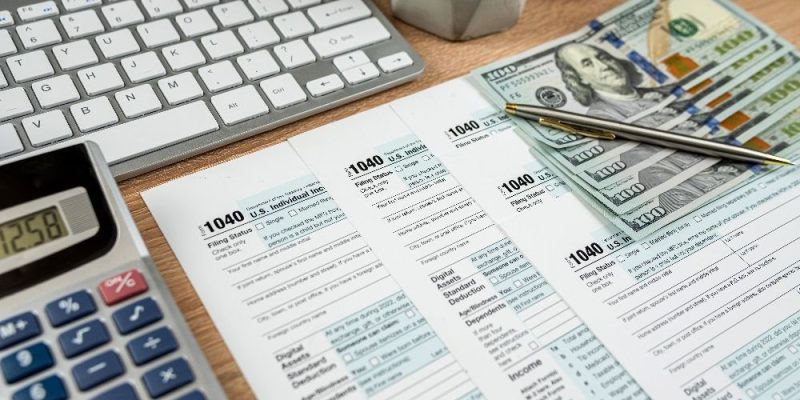
On Thursday, Brazil’s government presented a package of measures to save more than 70 billion reais ($11.8 billion) over the next two years.
These policies are part of a new fiscal framework that aims to improve the country’s economic health.
However, investor reactions have been characterized by uncertainty and worry, causing financial market turbulence.
Austerity measures and market reaction
The government’s announcement surprised investors, especially when it showed increased tax exemptions.
This shift generated concerns that the administration was making unduly rosy fiscal estimates.
As a result, the Brazilian real fell to its lowest closing level ever, at 5.99 per dollar.
Additionally, interest rate futures climbed, while the Bovespa (.BVSP) index declined 2%.
Barclays stated that the highly anticipated spending cuts were overshadowed by plans to reform income taxes, aimed at easing the financial burden on the middle class.
This situation diminished the credibility of the announced measures and created a need for a firmer response from the Central Bank.
Central Bank strategy
The Central Bank had earlier called for structural spending controls due to the uncertain budgetary future.
The bank escalated its tightening pace in November, hiking interest rates by 50 basis points to 11.25%.
JP Morgan expects a 100 basis point hike at the next meeting, noting that the government’s fiscal predictions are excessively rosy.
The combination of these factors has created a sense of scepticism among investors, who are concerned that the stated steps would not be adequate to sustain the economy.
Tax exemption proposal
Finance Minister Fernando Haddad attempted to assuage market nerves after a catastrophe on Wednesday.
Investors had expected the package to focus only on spending cutbacks, consistent with Haddad’s previous pronouncements, which hinted that adjustments to tax exemptions would be reviewed next year.
In a news conference, Haddad clarified that the broader income tax exemptions would have a fiscal impact of 35 billion reais, which would be fully offset by compensatory measures that would take effect only in 2026, subject to Congressional approval.
Compensatory measures
According to the administration, hiking the effective tax rate for the wealthiest would fund around half of the compensatory measures.
The proposal would raise the effective income tax rate for persons earning more than 600,000 reais per year, to 10% for those earning more than one million reais per year.
According to government estimates, the current effective tax rate for the top 1% of incomes is 4.2%, while the top 0.01% pays 1.75%.
The implementation of the Brazilian government’s budget plan has caused a rollercoaster of emotions in financial markets.
While amassing considerable savings is critical for economic stability, the current uncertainty and perceptions of overconfidence have weighed on the Brazilian real and the Bovespa index.
Furthermore, the expectation of a more robust response from the Central Bank suggests that the path to fiscal stability is not simple.
With ongoing reevaluations expected in the coming months, the task will be to strike a balance between meaningful fiscal changes and maintaining investor confidence.
The post Brazil’s tax exemption strategy fuels currency decline and market turmoil appeared first on Invezz











